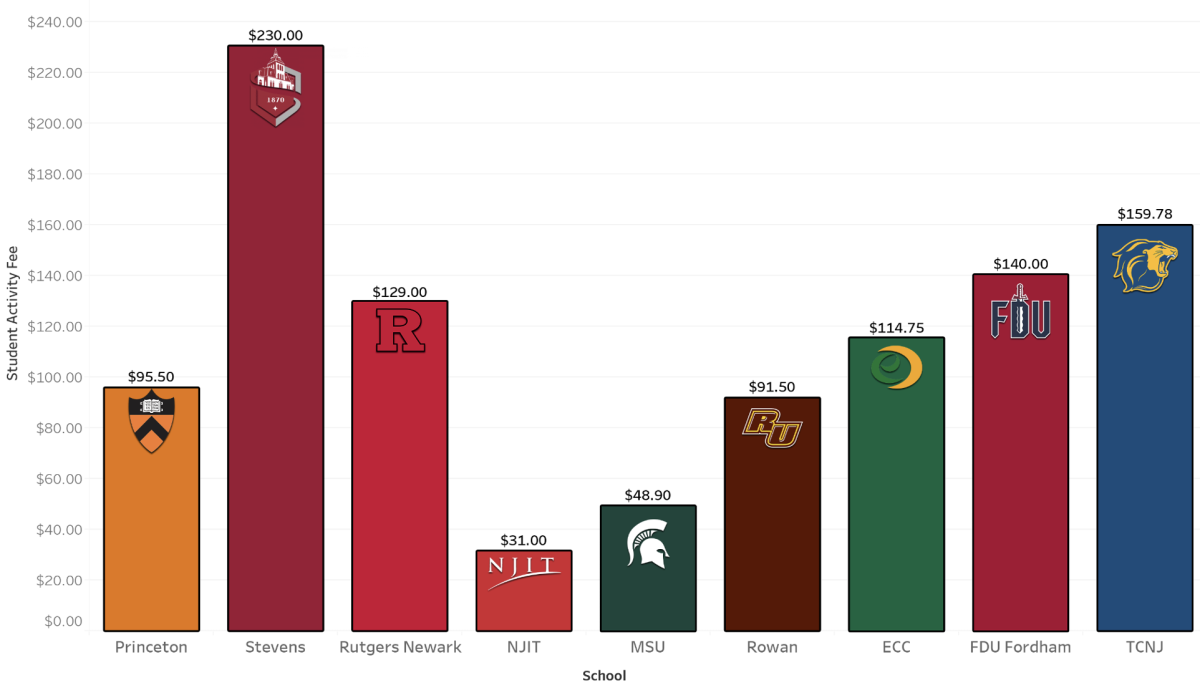Note from the Managing Editor: Full names have been removed to protect the anonymity and job security of individuals referenced in this piece.
On January 20, 10% of TSA agents called in sick to work, as opposed to 3.6% on the same day in 2018.
After 35 days of uncertainty, hundreds of thousands of furloughed federal employees walked into work on Monday, Jan. 28, relieved and confident that everyone affected by the shutdown would begin receiving compensation for days worked. While only a temporary fix to end the longest government shutdown in American history, employees resumed work knowing they may relive the same traumatic experience in a few weeks. With food and public safety left to the wayside and national parks left unattended, it is clear financial compensation was not all that was lost during the shutdown.
We reached out to John*, a Transportation Security Administration agent at Newark International Airport, who recounted some of the hardships he and his coworkers experienced in the workplace during the recent shutdown, as well as his opinions on the matter, and his hopes for the future.
John loves what he does, and besides the occasional run-in with famous celebrities, enjoys helping people and feels a true sense of duty in maintaining our national security. But with the government shutdown, national security took a backseat to more pressing threats; approximately 80% of Americans were already underpaid, living paycheck to paycheck, many of whom were Mauricio’s coworkers. While John had a way to manage, he notes that “some of his coworkers didn’t have a plan and couldn’t go more than a week without being paid,” referencing several coworkers who “started doing Uber and applying for SNAP benefits.”
Of course, this was not a situation limited to Newark Airport. With no end in sight, TSA workers struggled nationwide to continue working without pay. Agents in Hawaii began turning in resignations to keep up with their high cost of living. On January 20, 10% of TSA agents called in sick to work, as opposed to 3.6% on the same day in 2018.
Newark Airport, as John explains, probably dealt with the problem better than most. He sensed no drastic change in morale, and instead felt a sense of camaraderie from the community. Unexpectedly, “help was pouring in from everywhere,” including from community organizations, churches, airlines such as JetBlue and United, to flight crews and passengers.
He recounts one passenger offering $100 in gift cards to Mauricio’s co-worker, who joked that she would probably have to start looking for a new place to live if the shutdown lasted any longer. Airport management helped guide workers through the process and brought in representatives from the community food bank for those that needed aid.
John attributes the assistance and contributions of organizations throughout the City of Newark in helping the overall morale and situation on the ground. Nevertheless, he joins the ranks of many Americans whose faith in government waivers after the shutdown.
Due to this, he and many others are not fully optimistic about a permanent resolution coming to light. John reasons that “the government had 35 days and could not come up with anything, now they gave themselves another 21 days and it feels that nothing will be agreed upon.” In fact, John emphasizes that he would “consider getting another job if a shutdown were to happen again.”
It is clear the recent shutdown had a drastic impact on many people across the country, from federal workers and independent contractors to tourists and local businesses. However, when drawing comparisons to the 2013 shutdown under the Obama administration, it is evident that the repercussions of the most recent shutdown were much worse. Though John did not work during the 2013 shutdown, he noted many of his coworkers who did expressed how “this was the most significant, not because of how long it was, but by how much damage it caused.”
Indeed, President Trump has declared a government shutdown or state of emergency will resume on February 15, leaving federal government employees without pay once again. Seeing how the shutdown has significantly impacted TSA agents like John, it is likely that the recommencement of the shutdown will have more severe effects, not only on individuals, but potentially the industry as a whole.
Senior Staff Writer Katherine Ji and Contributing Writer Sandra Raju also contributed to this news piece.






























